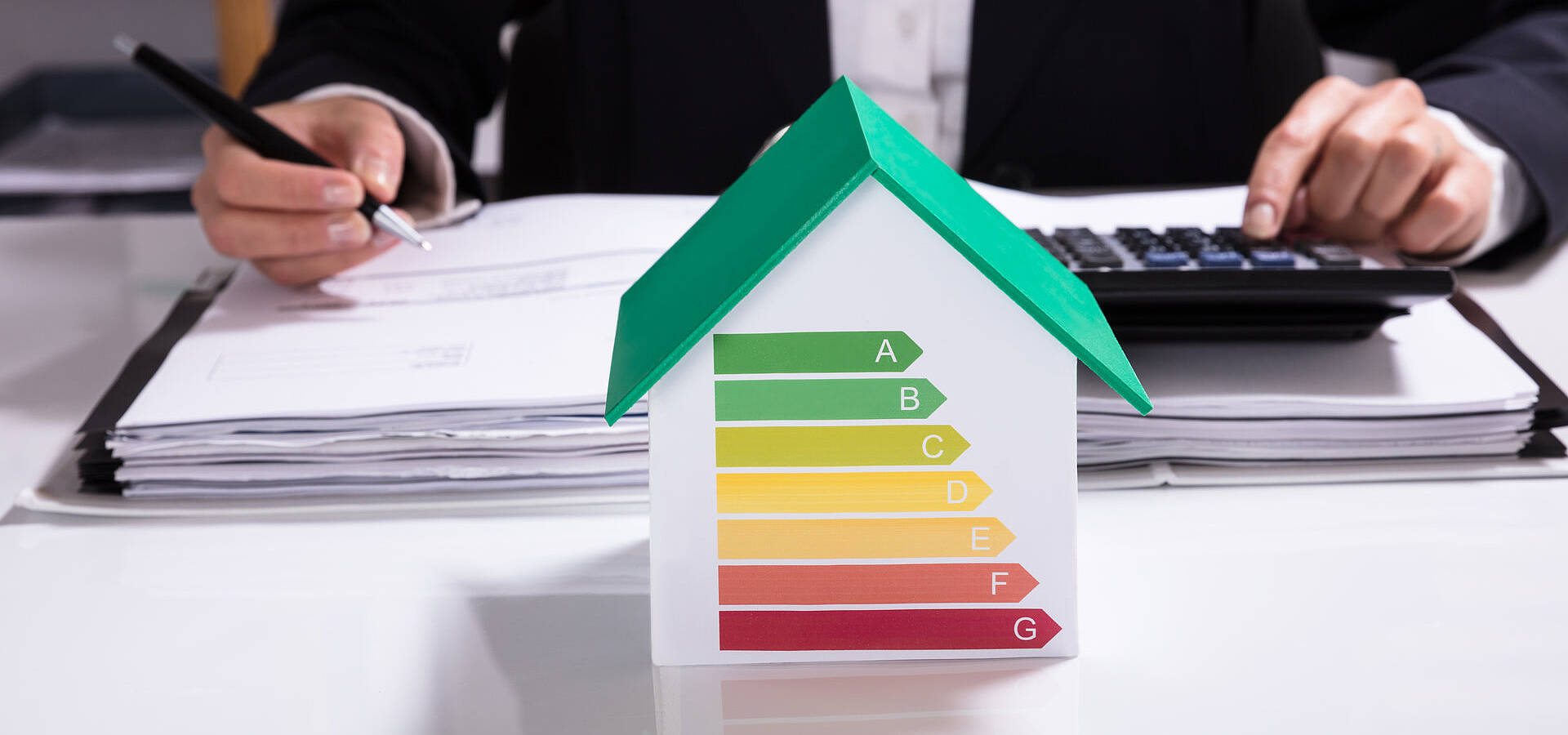 © PantherMedia/AndreyPopov
© PantherMedia/AndreyPopov
European and International Energy Law, M.BL.
Program overview
The continuing education master’s program in European and International Energy Law addresses the technical, economic, and above all legal foundations governing European and international energy and gas markets. The program thoroughly acquaints you with a holistic approach, ranging from an understanding of technical and economic principles through to the detailed legal issues involved in the entire value chain in gas and energy markets. The location of the campus at the site of the Schöneberg gasometer provides you with a unique opportunity to directly experience and participate in the process of knowledge and technology transfer between TU Berlin and energy companies.
You are required to pay tuition fees for this continuing education master’s program. Details of current fees can be found on the website of the program.
| Degree | Master of Business Law |
|---|---|
| Standard period of study | 2 semesters |
| Credit points | 60 |
| Program start | Winter semester |
| Admission | Restricted admission |
| Language of instruction | English |
Admission requirements
The formal admission requirements for the master’s program are a first university degree qualifying a graduate for professional work and subsequent relevant professional experience of, as a rule, not less than one year.
In the past, the number of applications has exceeded the number of places available (30 per year), and admission is, consequently, subject to a selection procedure. Selection criteria are as follows:
- The overall grade achieved in your previous degree
- The relevance of the subjects taken in your previous degree program
- Proof of all relevant professional experience lasting six months or more gained since graduating from your previous degree program
- Proven level of English
- Motivation and reasons for applying to the master’s program and the overall impression created by the application
The program is taught in English and proof of a sufficient level of English is a condition of admission.
Program structure
The master’s degree begins in the winter semester and lasts for 2 regular semesters (standard period of study). Students studying full time are required to achieve 60 credit points, 42 of which are to be obtained in a total of 6 modules, generally to be taken as blocks, with a further 18 credit points awarded for the master’s thesis.
Study and examination regulations:
Content and modules
The master’s program covers the following modules:
1. Legal Framework for the Functioning of the Energy Markets (9 credit points)
2. Economic Foundations of Regulatory Law (6 credit points)
3. Introduction to Regulatory Law (6 credit points)
4. Technical Fundamentals and Legal Framework for Electricity Generation (6 credit points)
5. Legal Framework for Grid Operation (TSO & DSO) (6 credit points)
6. Legal Framework for Energy Trade and Supply (9 credit points)
7. Master’s thesis (18 credit points)
To module databaseInternships
The master’s program does not require students to complete an internship. Students, however, do have the opportunity to benefit from a number of excursions to institutions and businesses within the energy sector as well as the professional and academic experience and networks of their lecturers to develop contacts to companies offering internships; ideally you should do an internship in the break between the winter and summer semesters.
Stays abroad
You have the option of organizing your own study-related stay abroad. The program is designed to provide you with an opportunity to do so in the mobility period in the second semester, whether you are studying full-time or part-time. Individual guidance is available to help you plan your stay abroad.
Acquired skills
Adapting to the different knowledge students have gained prior to commencing the program, the master’s degree equips you with a theoretical knowledge closely related to professional practice in the area of international energy law. You become thoroughly acquainted with the continental European legal methodology required for the application of energy regulatory law. You also acquire an understanding of the global significance of energy markets by learning how European and international energy law relates to Russian and American regulatory law. As a graduate of this program, you are able to understand and operate within the key structures of different regulatory systems. You are thus in a position to meet the challenges resulting from the ongoing changes in energy regulatory law and the internationalization of energy markets. The program employs up-to-date teaching methods, closely linking research and professional practice.
After your studies
The companies and state institutes responsible for modern energy supply have to adapt to the complex global conditions of the gas and energy markets. The increased demand this brings for experts with specialist but at the same time broadly based academic training and a good command of technical English has, until now, not been met by continuing education programs. The master’s degree responds to this demand by preparing students for leading management positions, working in companies within the energy sector as well as institutions and consultancies, and for a career in research. Graduates typically work as legal consultants for energy concerns, undertake legal work for public authorities and committees, conduct research at universities and other institutes of higher educations, or undertake political work in associations.
Further information & downloads
Guidance and choosing the right degree program: Academic Advising Service
General questions: Student Info Services
